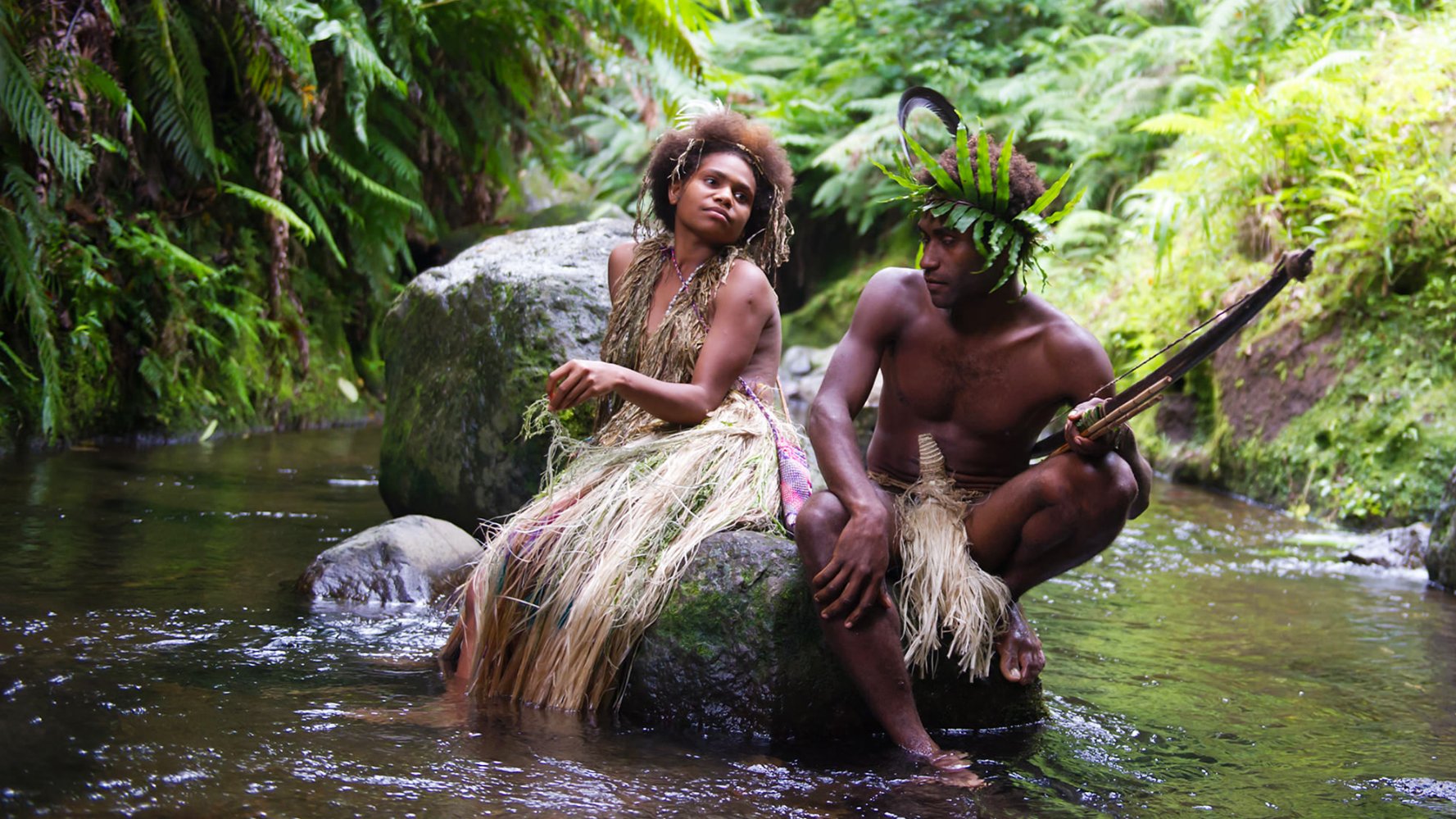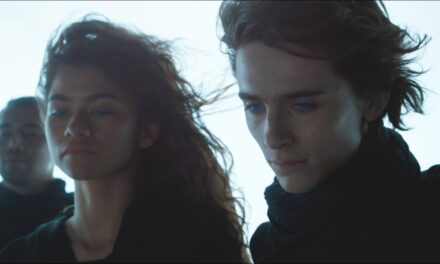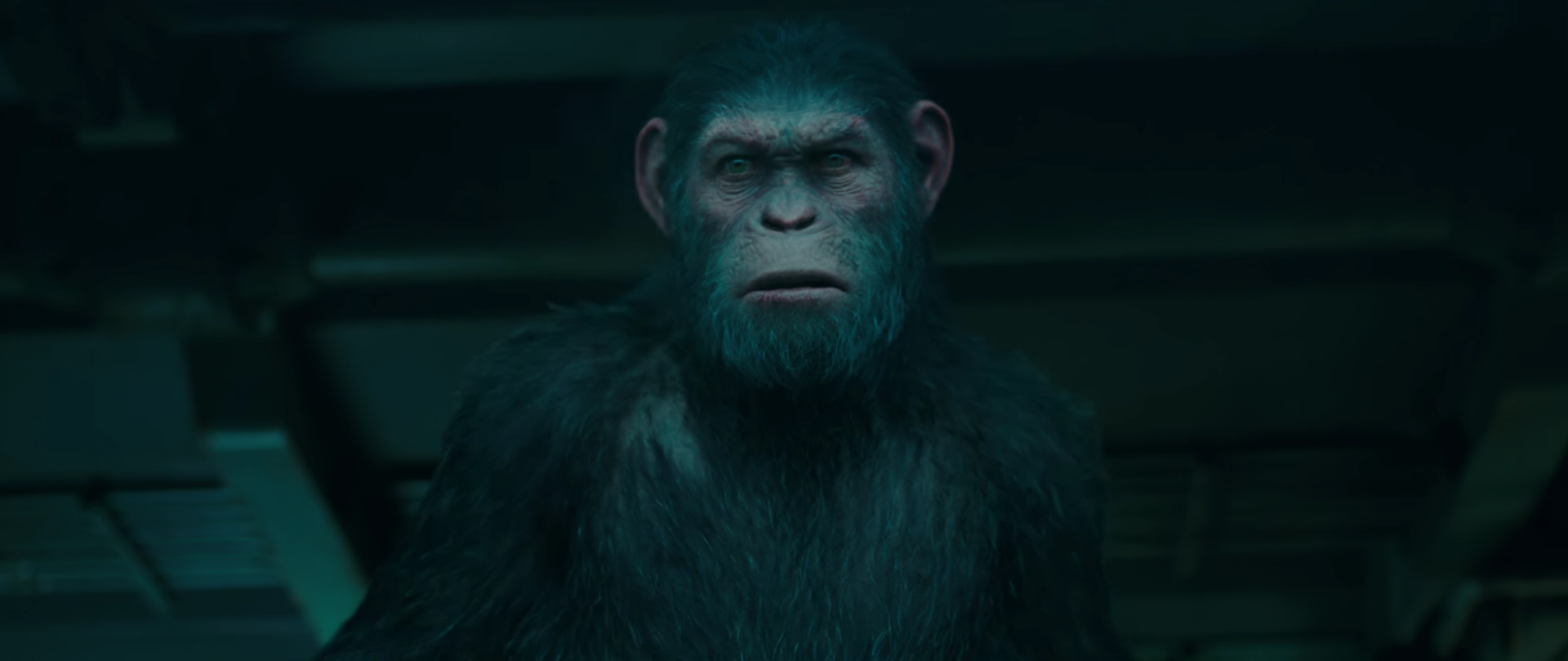Tanna is that rare film where the circumstances and conceit of its production are much more interesting than the final product. Shot on the South Pacific island of Tanna, directors Martin Butler and Bentley Dean stayed with the remote Yakel tribe, a people who choose to live separate from modern comforts and technologies in order to uphold their ancient traditions and ways of life. Most of them had never even seen a camera before, but Butler and Dean worked with the tribe over a period of months to film a story from the tribe’s recent history, using the Yakel people as the actors. It’s a remarkable cinematic undertaking in what it achieves, but I would argue that without this background knowledge the film comes across as pretty conventional.
Dain (Mungau Dain) and Wawa (Marie Wawa) are star-crossed lovers who keep their union a secret from the rest of the tribe. Marriage is not practiced out of love in Yakel culture, but is instead a form of political bargaining with the rival tribe, so women have no choice in who they marry. In the aftermath of an inter-tribal dispute, Wawa is promised to a prominent member of the opposite tribe, meaning she will have to give up her life and her relationship with Dain. So the two run away together, and the tribe attempts to track them down before their absence erupts into war.
Read more: I Am Not Your Negro is heartbreaking and earth-shattering
As far as love stories go, this is pretty conventional fare, based on true events yet oddly reminiscent of Romeo And Juliet. The acting is fine, if a bit wooden, but you have to remember that “acting” was a new concept to these performers, and admittedly I can’t say whether the cadence of the Nauvhal language is so unfamiliar to my Western ears that the emphasis of emotion isn’t in their dialogue. Had I not done the research necessary to understand this film’s origins, the conventionality of the affair would lead me to question this film’s nomination for an Academy Award, so even an explanatory title card would have probably helped the film feel more inspired.
What does feel inspired, though, is the cinematography. Butler and Dean have previously collaborated on nature documentaries, so their eye for gorgeous landscapes and capturing lush flora makes for some breathtaking shots. Whether it’s in the abundant jungles where the Yakel village resides, or an idyllic beach with glowing water, or a nighttime hike up an active volcano spitting molten rock, the film rivals the work of the best nature cinematographers and makes seeing the experience on the big screen worth it for the visual splendor alone.
Tanna is a film I’m glad I saw, even if its story isn’t quite as engaging to me as it must be to the Yakel people, who hold this love story up as a modern fable. In translating this story to a cinematic experience, Butler and Dean have shared a bit of the Yakel people with the world in a new and innovative way, and the importance of such a cultural artifact cannot be understated. I just wonder if the casual viewer will get as much out of the experience if they haven’t done their homework.













